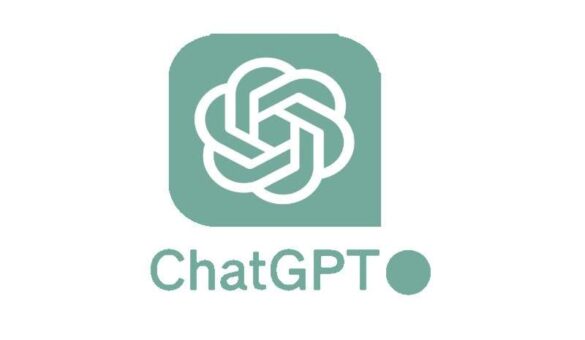On August 7, OpenAI launched its highly anticipated AI upgrade, ChatGPT-5, promising revolutionary leap in artificial intelligence capabilities.
However, within a day, many of the platform’s most devoted users began documenting numerous bugs, errors, and performance issues on Reddit and other forums. The excitement around ChatGPT quickly turned into frustration, with longtime fans expressing disappointment over the new model’s shortcomings.
The backlash was so intense that OpenAI CEO Sam Altman stepped in to respond directly to the community’s concerns. He announced that users would soon regain access to the older GPT models, recognizing that removing these beloved versions had disrupted user workflows. By August 11, Altman was issuing public apologies and trying to soothe the negative sentiment building around the rollout.
“If you have been following the GPT-5 rollout, one thing you might be noticing is how much of an attachment some people have to specific AI models,” Altman wrote on X (formerly Twitter). “It feels different and stronger than the kinds of attachment people have had to previous kinds of technology (and so suddenly deprecating old models that users depended on in their workflows was a mistake).”
The entire ChatGPT-5 fiasco mirrors challenges often seen in live-service gaming. Veteran players of titles like Destiny or World of Warcraft may recognize the pattern: a major update is hyped as groundbreaking but arrives riddled with bugs and unexpected changes. Fans feel alienated as beloved features are nerfed or removed, while microtransactions increase and free rewards dwindle.
One Bluesky user quipped, “This guy communicates in a way that is indistinguishable from a community manager of a live service video game having a botched expansion release. Seems kind of humiliating.” AI critic Ed Zitron was even more blunt, calling the ChatGPT-5 rollout “the ultimate folly of OpenAI: they engaged gamer-like hype, got gamer-like fandom, and now face the wrath of gamer-like hate.”
Key issues with ChatGPT-5 included the fact that it wasn’t a pure upgrade in intelligence as promised, but rather a system that routed user queries through multiple models to cut costs and improve speed. This left many users confused about what they were actually interacting with. Additionally, OpenAI imposed strict limits on query numbers for users outside premium plans, frustrating those who relied on ChatGPT heavily. To add fuel to the fire, OpenAI retired GPT-4o—a popular model known for its “sycophantic” style—which many users still preferred.
Another growing concern is what some experts call “ChatGPT psychosis.” This term describes users becoming overly obsessed or detached from reality through intense interactions with chatbots. Reports have surfaced of people spiraling into delusions or facing serious mental health consequences, with some even institutionalized after believing their AI was self-aware or communicating with supernatural entities. OpenAI’s leadership, including Altman, acknowledges this potential harm and the need for responsible use.
Yet, despite these challenges, the majority of paying customers continue to prefer ChatGPT as their AI assistant of choice. Altman has walked a fine line between managing user expectations and continuing to promote OpenAI’s vision of a platform-shifting AI revolution. He recently admitted to Wall Street that the term “AGI” (artificial general intelligence) may no longer be very useful, signaling a shift in how OpenAI markets its technology.
This saga fits into a familiar cycle for live-service tech products: initial grand promises give way to complex, opaque updates and damage control. Users—who invest not only money but identity and time—become deeply attached to the product. In turn, developers are caught trying to balance innovation, monetization, and community management, sometimes stumbling badly along the way.
For ChatGPT, the road ahead will require OpenAI to regain trust, improve stability, and manage the delicate relationship with its passionate user base. As this AI continues to evolve, the lessons from the ChatGPT-5 rollout will be crucial for how future updates are planned and delivered.
